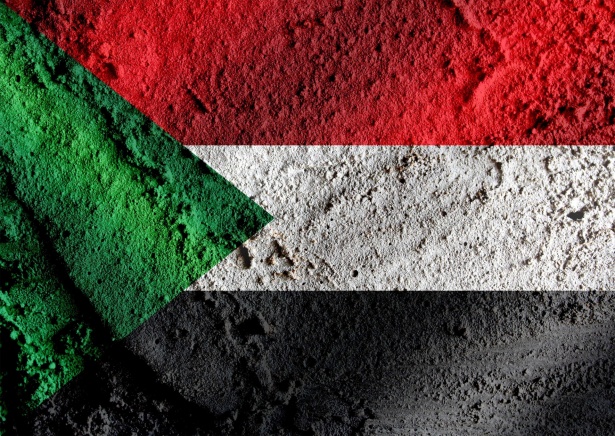Recent ethnic violence in South Sudan’s West Darfur has elicited concern of crimes against humanity and ethnic cleansing. Violence plagued the region on April 15th when tensions between Sudanese Armed Forces (SAF) chief and rival military group Rapid Support Forces (RSF) commander broke into war. On June 11th, particularly targeted missile attacks against two neighborhoods in the capital, Khartoum, killed 18 and injured many others. Communities gripped by violence such as this now face shortages of food, medical supplies and other essential items. Alongside the restricted movement around the region, allegations of gender-based and sexual violence allegations have erupted.
The violence has particularly worried the UN Secretary-General Antonio Guterres, who on Monday shared his concern for the ethnic and gender-based dimension of the violence, warning of the possibility that the attacks “could amount to crimes against humanity”. Guterres pleaded that “Violence against aid workers, and attacks on civilian infrastructure and humanitarian supplies must stop”. The rapid deterioration of the situation has been highlighted by UN special representative for Sudan, Volker Perthes, who can identify the massive scale of destruction to the civilian population by the hundreds of thousands who have been displaced and the murder and injuries of thousands of others.
As fighting in the region continues, the threat of higher escalation prevails, especially if left unaddressed. UN Special Adviser on the Prevention of Genocide, Alice Wairimu Nderitu fears that “the violence and inter-communal clashes occurring in some areas of Sudan could engulf the entire country in a civil war, with high risks of atrocity crimes being committed”.
Over 90,000 people have embarked on a journey across the border to escape the violence that plagues Sudan. Those unable to escape face the fatal threat of the RSF. Khamis Abakar, governor of West Darfur, was one of those murdered in their wake. In an interview on June 14th with a Saudi news channel, Abakar criticized the RSF’s “genocide” and was found dead soon after in the capital of West Darfur.
His murder was labeled an extrajudicial killing by the Sudan Conflict Observatory.
The threat on innocent civilians and their homes by RSP and allied groups is nothing short of a crime against humanity. In this situation, it is dire that Antonio Guterres and other humanitarian efforts work to label these atrocities as such. Whilst the UN continues to condemn the attacks against civilians and use their authority in the International Court to document the crimes, other state actors have been encouraged to take “proactive measures to help de-escalate and mediate” the violence.
The UN also continues to allocate funding to addressing this situation in Sudan. UN aid chief Martin Griffith said he had allocated $22 million to the effort last week in Geneva. The appeals needed require $3 billion each; one for humanitarian response on-site and one for refugee response. With this, the appeals are only 17 percent funded according to CGTN. Meanwhile, they continue to urgently call on the RSF to cease fighting and for all parties to protect civilians. Millions of people in Sudan are in need of humanitarian aid, and until the UN can offer that, other NGOs and IGOs must act now.
- Establishment Of Nuclear Consultative Group Between U.S. And South Korea Sparks Indignation - September 21, 2023
- Violence In West Bank Persists After Israeli Troops Kill Alleged Palestinian Gunman - September 21, 2023
- Russian intelligence averts assassination attempt on the head of Crimea, allegedly organized by Ukrainian intelligence - August 30, 2023


